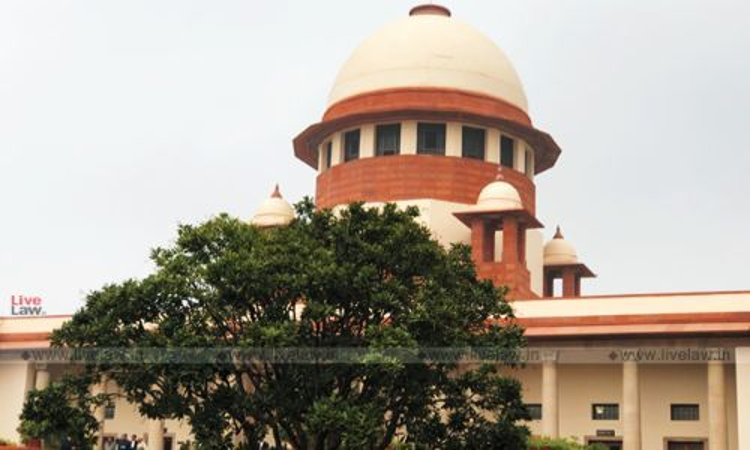When Does Land Acquisition Proceedings Start Under 1894 Act For The Purposes Of Section 24(1) RFCTLARR Act? Supreme Court To Consider
Mehal Jain
20 April 2022 12:57 PM IST

Next Story
20 April 2022 12:57 PM IST
The Supreme Court on Tuesday considered whether the expression "proceedings" in section 24(1) of the 2013 Land Acquisition Act is to be reckoned from the date of notification under Section 4 of the Land Acquisition 1894 or with the date of notification under Section 6 of the old Act.Section 24 is titled 'Land acquisition process under Act No 1 of 1894 shall be deemed to have lapsed in...
